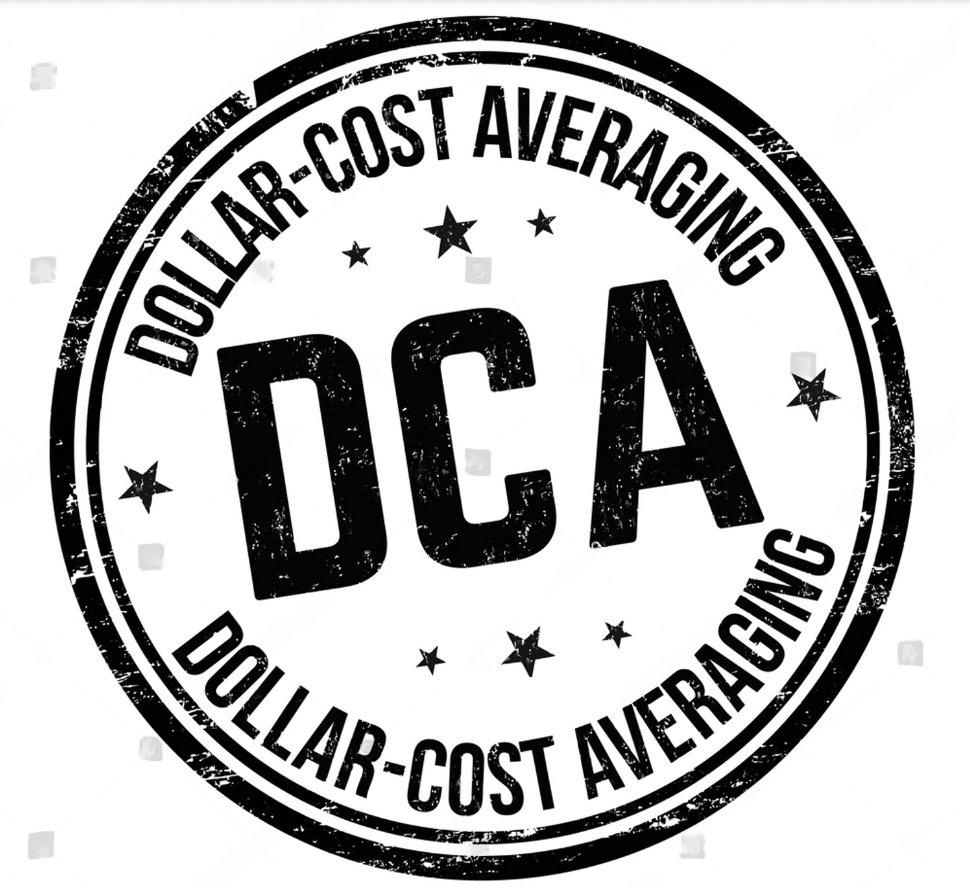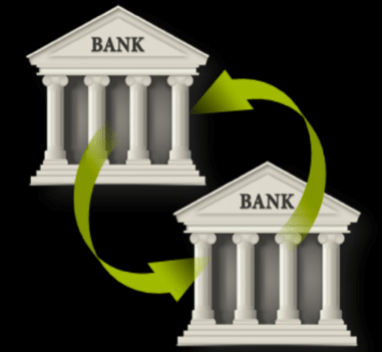
Taxes can be complicated, and you may have concerns about how to file or the best ways to reduce your IRS debt. But to whom do you go for guidance? The obvious solution could be a tax expert, but you might also think about contacting your financial counselor for tax advice.
It may be simpler to acquire the assistance you require if you are aware of the differences between a tax counselor and a financial advisor.
A tax advisor is what?
In order to prepare tax returns, a person must obtain a license, and most frequently, a tax advisor also has professional accreditation in a related field. A tax advisor might be a Certified Public Accountant (CPA), for instance. Tax advisors may include tax lawyers and IRS-enrolled agents as well.
Tax consultants work to reduce their clients' tax obligations while abiding by the rules of the tax code. As already indicated, they can also assist with tax return preparation, albeit that might only make up a small portion of what they perform.
A tax counselor can be of assistance to individuals, small business owners, and companies. Tax consultants may focus on serving a particular clientele or market segment. For instance, they might serve wealthy individuals or corporate entities.
The tax code is thoroughly understood by tax consultants, who utilize it to inform their recommendations. Again, depending on the customer they are dealing with, they may offer different advise, but the ultimate objective is usually the same: to assist clients in legally minimizing their tax liabilities to the greatest extent possible.
What Is a Financial Advisor?
A person who focuses on providing financial advice is known as a financial advisor. Financial advisors, like tax advisors, may possess professional credentials that demonstrate their level of knowledge. A financial advisor could be a Chartered Financial Analyst (CFA), Certified Financial Planner (CFP), or Chartered Financial Consultant (ChFC), for illustration.
Financial advisors can also help clients reduce their tax obligations by giving them tax advice. However, they frequently offer guidance in the context of carrying out a more comprehensive financial planning approach.
Let's take the example of a financial counselor working with a wealthy client. They could suggest tax-friendly investments to the customer so they can maximize earnings while minimizing their tax liabilities. Unless they are specifically licensed to do so, financial advisors do not assist with tax return preparation.
Tax Advisor vs. Financial Advisor: Which Is Better?
Neither a tax advisor nor a financial counselor is always preferable to the other. They only have the tools necessary to assist their clients in various ways.
Tax advisors differ from financial advisors in a number of ways, including:
what credentials or titles do they possess?
What such titles permit them to perform
knowledge and experience in tax law
How do they set up their prices?
The kind of guidance they offer
Once again, financial consultants are not always licensed to prepare tax returns, although tax advisors are. One thing and one thing only may be the focus of tax consulting services: taxes. On the other hand, financial advisors are able to provide guidance on a far wider range of subjects.
Do You Need a Financial Advisor or Tax Advisor?
Your scenario will determine whether you require a tax expert, a financial counsel, or both. You might look for a tax advisor's assistance if, for example, you own a business and attempting to keep up with changes to the tax code is giving you headaches.
A tax expert could lead you through several circumstances, such as how to deduct equipment depreciation or what regulations you must follow when putting up a retirement plan for your staff. To ensure you've claimed all the credits and deductions you're entitled to and that they are correctly documented in case you are the subject of an audit, your advisor can also create and evaluate your tax return.
On the other hand, once you're prepared to transfer ownership of the company to someone else, you might collaborate with a financial expert to develop a succession plan. Additionally, your advisor could advise you on the most effective strategies to save for retirement so that you can achieve your objectives after leaving the company.
That is only one situation when having a tax adviser and a financial counsellor would be advantageous. Even if you don't have your own company, working with either of them might still be advantageous.
Consider the scenario where you receive $2 million from your parents after their passing. To negotiate the myriad tax concerns that come along with receiving a sizable inheritance, you might need the assistance of a tax advisor. Your financial advisor can provide guidance on how to spend that money and how to use it to promote your own financial objectives in the interim.
How to Pick a Financial Advisor or Tax Advisor
Doing some preliminary research is the first step in selecting a tax adviser or financial advisor to work with. Even though you could be driven to choose an advisor as soon as feasible, it helps to be prepared with the right inquiries so that you can pick a trustworthy individual to work with.

Here are some hypothetical inquiries that you could put to a tax expert:
- What are your qualifications for the workplace?
- Do you have a speciality in any particular areas of tax law?
- Do you target a certain niche or do you have a typical clientele?
- What do you charge?
- How frequently will we get together to talk about taxes?
- Here are some other questions you might wish to put to a financial advisor:
- What credentials do you possess in your field?
- A fiduciary, are you?
- Whom do you normally work with as clients?
- Do you have a financial planning area of expertise?
- How are your fees set up?
- When will we next meet?
- What form of communication do you prefer?
Asking your friends and family about their advisors is a good place to start if you're unsure how to find one. You can also get individualised adviser recommendations for professionals in your neighbourhood by using an online matching tool.
The Bottom Line
It's up to you to decide whether to engage with a financial counsellor or a tax advisor, and you might discover that both are required to help you achieve your financial objectives. When looking for the ideal advisor to work with, taking the time to analyse their experience, credentials, and costs is important.
Tips for Financial Planning
- It might take a lot of effort to look into financial counsellors, and you might get discouraged by the variety of choices. A financial advisor need not be difficult to find. You can interview your advisor matches for free to choose which one is best for you using SmartAsset's free tool, which matches you with up to three vetted local financial advisors. If you’re ready to find an advisor who can help you achieve your financial goals, get started now.
- The method of payment and the fees an advisor charges are two of the most crucial factors to take into account. Only for the advice they provide, fee-only consultants collect costs. On the other hand, fee-based advisers may charge a fee for their services but they also have the opportunity to make commissions from the recommendations of financial products.




